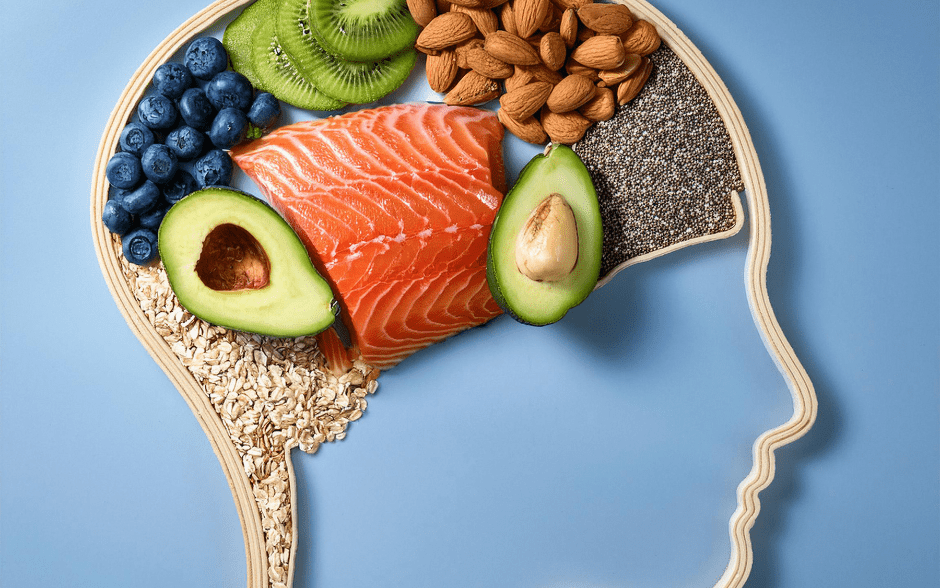„Zastanów się, co przyniesie ci szczęście i dokonaj wyboru” – zapytał podczas wykładu „The Surprising Science of Happiness” prof. Daniel Gilbert, jeden z propagatorów psychologii pozytywnej, czyli popularnego, choć bardzo świeżego nurtu we współczesnej psychologii. „Wyobraź sobie dwa warianty swojego dalszego życia. Pierwszy: wygrywasz na loterii, drugi: jesteś całkowicie sparaliżowany. Co uczyniłoby cię szczęśliwszym?”
Pytanie wydaje się dziwaczne. Moglibyśmy się spodziewać, że zwycięzcy loterii będą znacznie szczęśliwsi od paraplegików, ale ku naszemu zaskoczeniu, byli oni tylko nieznacznie szczęśliwsi. Okazuje się, że nie chodzi tu o wybór sytuacji obiektywnie dającej więcej szczęścia, ale o to, czy dane wydarzenie jest szczęśliwe z perspektywy badanego. „Każdy z nas ma psychologiczny układ odpornościowy, który pozwala nam produkować szczęście z dostępnych zasobów, niezależnie od tego, czy nasza sytuacja jest obiektywnie korzystna, czy nie. Syntetyzujemy szczęście” – mówi prof. Gilbert.
„Szczęście naturalne jest wtedy, gdy dostajemy to, czego chcemy. Szczęście syntetyczne tworzymy sami, gdy nie dostajemy tego, czego chcemy, z dostępnych zasobów” – wyjaśnia prof. Gilbert. Zamiast szukać szczęścia, psychologia pozytywna proponuje, by zacząć je syntetyzować. I to jest umiejętność, którą każdy może ćwiczyć. Jedną z korzyści płynących z praktykowania pozytywnej perspektywy psychologicznej jest, mówiąc najogólniej, sukces! Sukces nie tylko sprawia, że jesteśmy szczęśliwsi, czujemy się szczęśliwi i doświadczamy pozytywnych emocji, ale zwiększa nasze szanse na sukces.
Jak praktykować psychologię pozytywną?
- Rozwijaj wdzięczność i naucz się ją wyrażać.
- Praktykuj dobroć w życiu codziennym, dzieląc się życzliwością.
- Dawaj sobie przyjemność, celebruj chwilę – zachowaj dobre momenty w pamięci jako fotografie, do których można wracać.
- Dziękuj wszystkim, którzy Ci pomogli.
- Naucz się przebaczać – to ułatwia życie.
- Dbaj o bliskie przyjaźnie i relacje rodzinne, bo szczęście w dużej mierze zależy od pozytywnych relacji z innymi.
- Traktuj swoje ciało z czułością – odpoczywaj, ćwicz, uśmiechaj się.
- Ucz się i ćwicz nowe strategie radzenia sobie ze stresem.




















